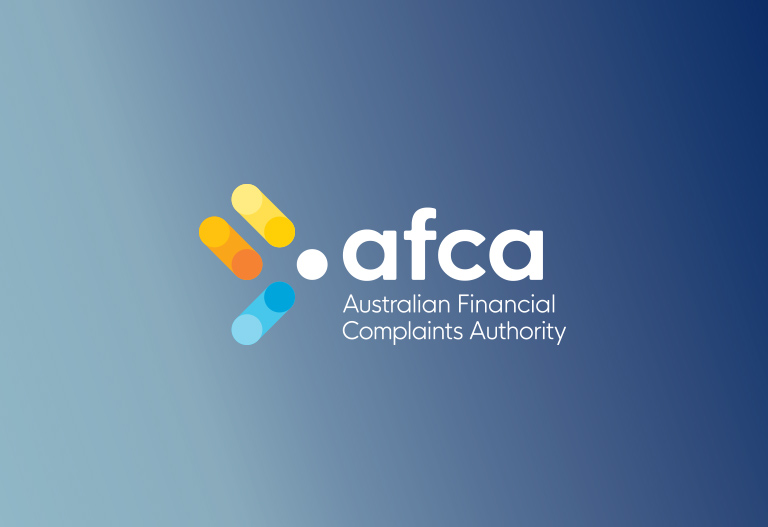Self Managed Superannuation Fund (SMSF) and Bad Financial Advice: Key Insights from ASIC’s 2025 Review
Self Managed Superannuation Fund (SMSF) and Bad Financial Advice: Key Insights from ASIC’s 2025 Review
Self Managed Superannuation Fund (SMSF) and Bad Financial Advice: Key Insights from ASIC’s 2025 Review
Are you considering a Self-Managed Superannuation Fund (SMSF)? ASIC’s latest report (REP 824, November 2025) reveals critical findings about the risks of bad financial advice when establishing an SMSF. With the SMSF sector now representing nearly $1 trillion—about 25% of Australia’s superannuation system—understanding how to avoid poor advice is more important than ever.
What Is an SMSF and Why Is Good Advice Essential?
A SMSF can give an investor more control over retirement savings, investment choices, and fund management. However, SMSFs are not suitable for everyone. ASIC’s review found that bad financial advice can lead to significant losses, unnecessary risks, and poor retirement outcomes.
Common Problems with SMSF Advice
ASIC reviewed 100 recent cases of SMSF establishment advice and found:
62% of files failed to meet best interests duty: Advisers did not properly consider clients’ circumstances or prioritise their interests.
27% showed significant client detriment: Clients were exposed to high-risk investments, lost insurance cover, or faced costs that outweighed benefits.
Mis-selling based on ‘control’: Advisers often recommended SMSFs for greater control without explaining the responsibilities and risks involved.
Order-taking instead of professional judgement: Some advisers simply followed client requests without investigating better alternatives.
Conflicts of interest: In several cases, advisers prioritised their own financial gain over client wellbeing, especially when recommending property investments through SMSFs.
How to Spot Bad SMSF Advice
ASIC identified several risk indicators for bad financial advice in SMSF establishment:
High volume of SMSF recommendations from a single adviser
Low starting balances or older clients near retirement
Undiversified or high-risk assets (e.g., direct property with borrowing)
Advice lacking clear explanation of SMSF purpose and investment strategy
Referral arrangements with real estate businesses or in-house products
Action Points for Consumers
Financial Dispute Legal (FDL) are assisting many clients who have been recommended to set up SMSFs. Some of the common issues raised by our clients include:
The Advisor fails to explain why an SMSF suits the client’s specific needs—not just offers more control
The Advisor fails to investigate alternatives, including APRA-regulated funds with member-directed options
The Advisor fails to consider your insurance needs, especially if borrowing to invest in property
Concerns that the advice prioritises the advisors interests and not the client’s
Provides clear records and reasoning for their recommendations
Final Thoughts: Protect Your Retirement Savings
Establishing a SMSF can be a good for some Australians but only with the right advice. Bad financial advice can put your retirement at risk. Always seek guidance from qualified professionals who put your interests first, understand the complexities of SMSFs, and help you make informed decisions.
For more information, read ASIC’s full report on SMSF establishment advice and check out INFO 274 for tips on getting quality SMSF advice.
Keywords: Self Managed Superannuation Fund (SMSF), bad financial advice, SMSF risks, ASIC report, superannuation, retirement savings, financial adviser misconduct, SMSF suitability, insurance needs, conflicts of interest
If you need further details or want to discuss your SMSF options, consult a licensed financial adviser who specialises in superannuation and always check their credentials.




